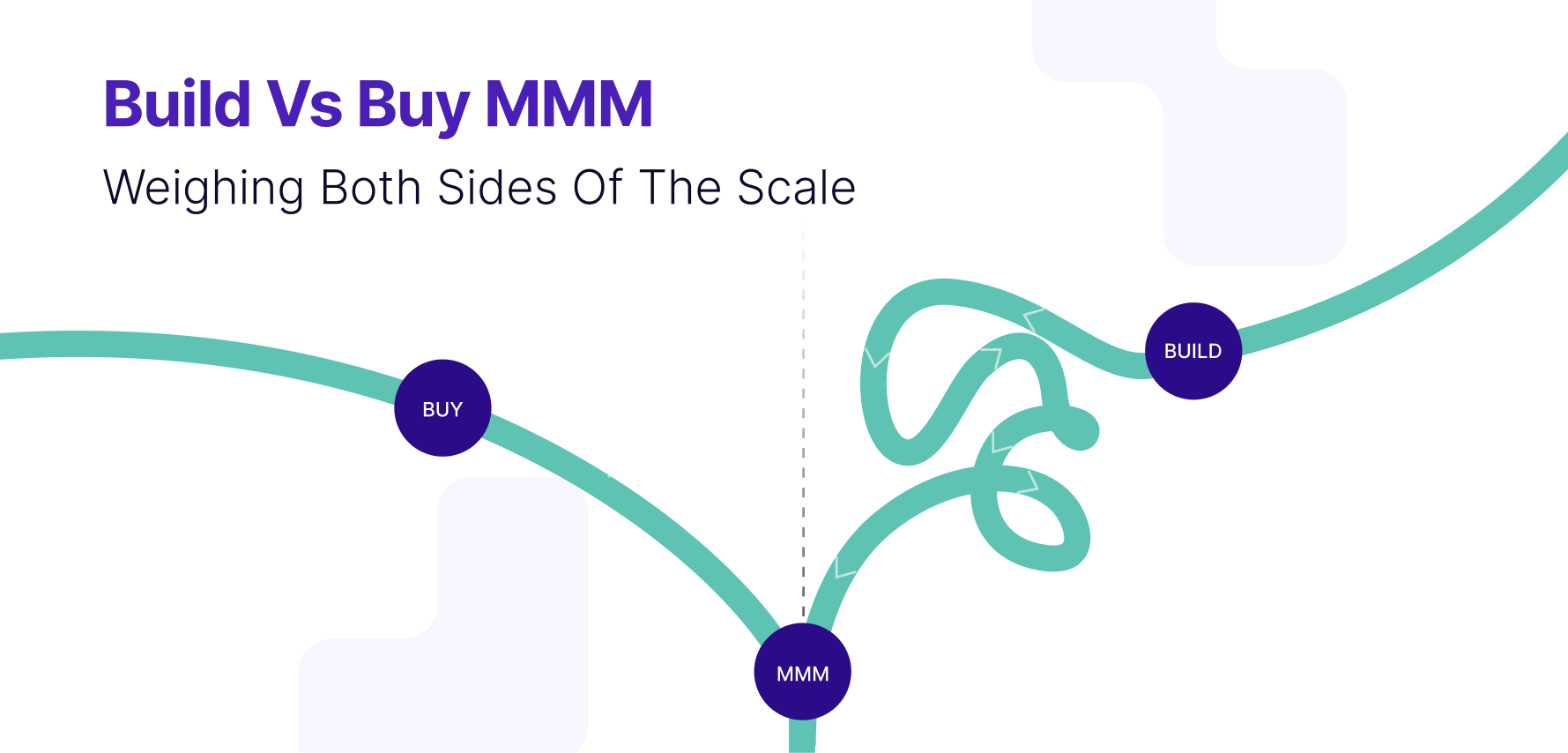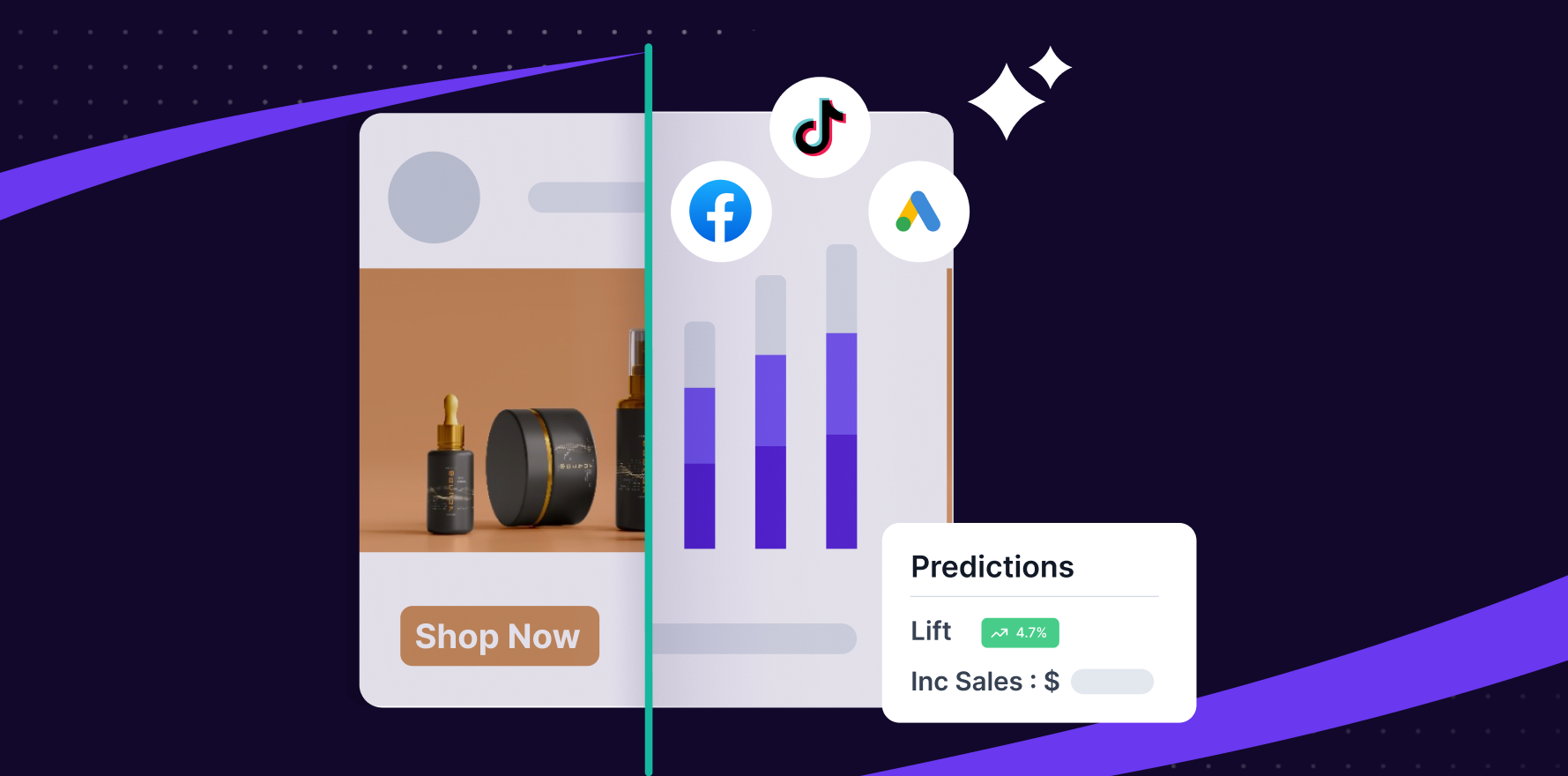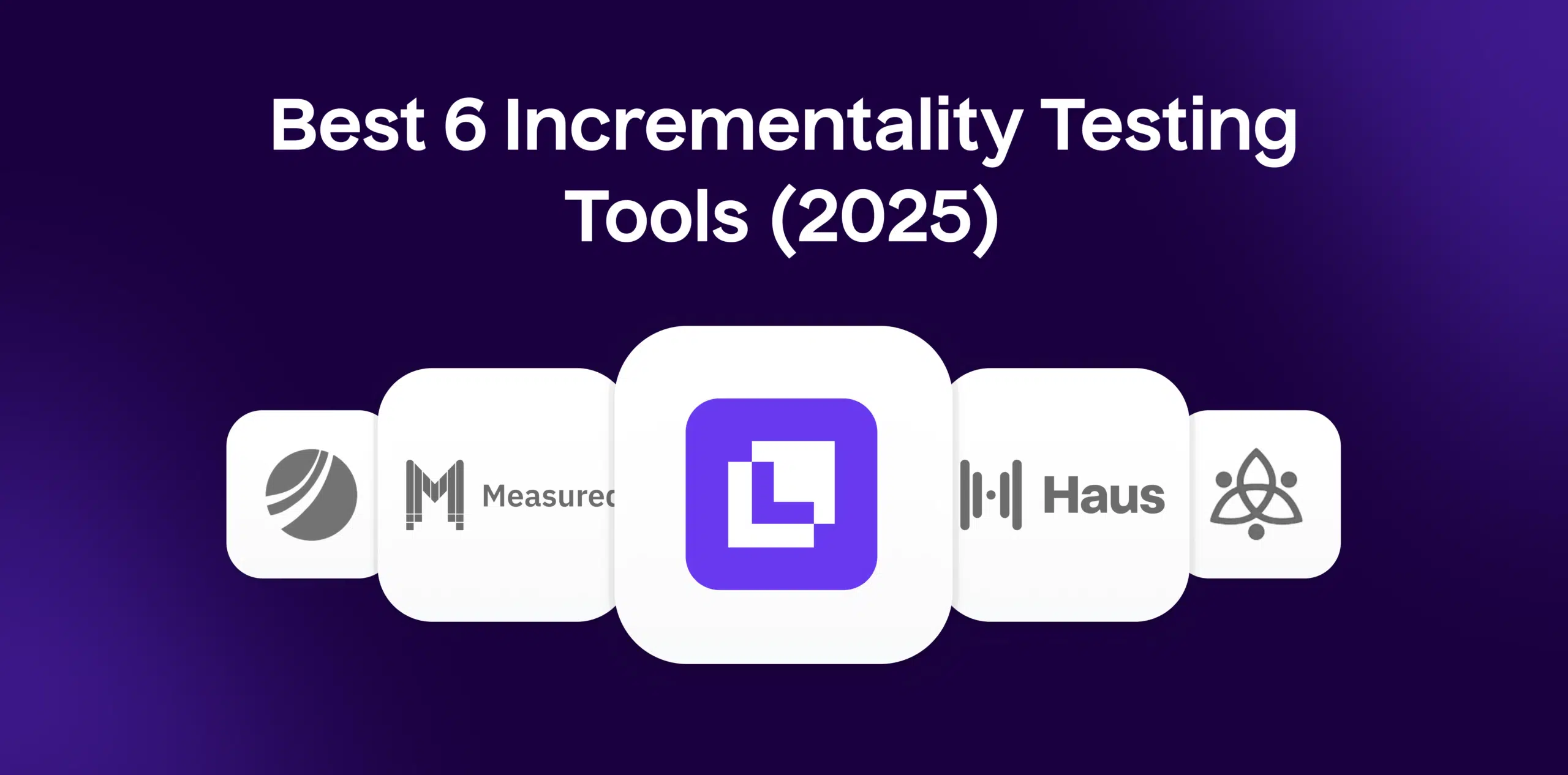What is Webhook?
Largely used in the realm of e-commerce, webhooks, also known as HTTP callbacks or reverse APIs, are automated messages sent from apps when a specific event occurs. They serve as modes of communication between applications or websites, delivering real-time data based on predefined conditions or “events.” Essentially, a webhook is a simple event-notification via HTTP POST, which is a way of sending data from one application to another.
Formula
There is no specific “formula” for webhooks as such; however, setting up a webhook typically involves defining the event for trigger, the destination URL for data transmission, and the data structure for the message.
Example
An illustration of webhook in e-commerce might be when a customer completes a purchase. This action (event) can trigger a webhook that sends the order details (message) to the retailer’s inventory management software (destination) for processing and tracking.
Why is Webhook important?
Webhooks are mission-critical to e-commerce for ensuring seamless real-time communication and synchronization between platforms. They allow businesses to fully automate workflows, reducing manual intervention. Moreover, compared to traditional APIs that require repetitive polling, webhooks save significant server resources and enhance performance by delivering data as events occur.
Which factors impact Webhook?
The effectiveness of webhooks can be improved by ensuring complete security (like using SSL/TLS protocols), robust error handling mechanisms (to deal with any failed delivery attempts), and acknowledgments (to confirm the receipt). Monitoring webhook activities can also prevent potential data congestion or system overload issues.
How can Webhook be improved?
Several factors can impact the performance of webhooks. Network issues, endpoint server downtime, or rate limiting policies can affect the successful delivery of webhooks. Security measures can also impact webhook functioning, as stringent protocols may block or misidentify webhook payloads.
What is Webhook’s relationship with other metrics?
Webhooks play a vital role in capturing real-time e-commerce metrics. They help automate the process of data collection for metrics like sales conversion rates, customer acquisition costs, average order value, cart abandonment rates, and more. By connecting various applications, webhooks ensure real-time updates and accurate analytics, thereby empowering businesses to make informed decisions.
Free essential resources for success
Discover more from Lifesight
























































